The design community responds to the Covid-19 crisis
ho
We collect some of the initiatives that designers and engineers have launched to solve multiple challenges of this global crisis.
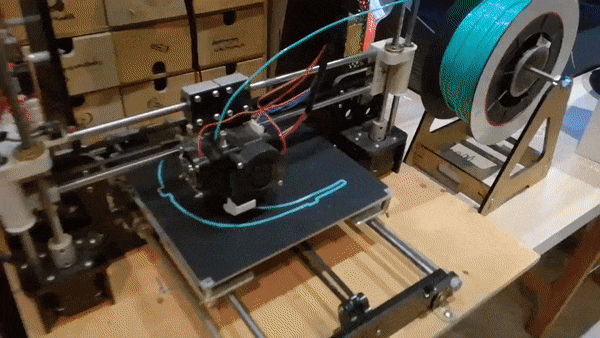
Faced with a shortage of respirators, masks, and mechanisms to prevent coronavirus from spreading, the design and engineering community responds with its creative ability to solve problems and offer solutions of all scales.
In this piece, we collect some of the initiatives that have emerged to solve multiple challenges of this global crisis: from the manufacture of face masks with pieces of cloth or diapers, the 3D printing of face masks, respirators and valves for the use of these, the creation of personal protective equipment and pieces to open door handles without touching them, but also through the creation of working groups and online collaboration networks or the creation of GIFs to visualize the importance of social distancing during the coronavirus outbreak.
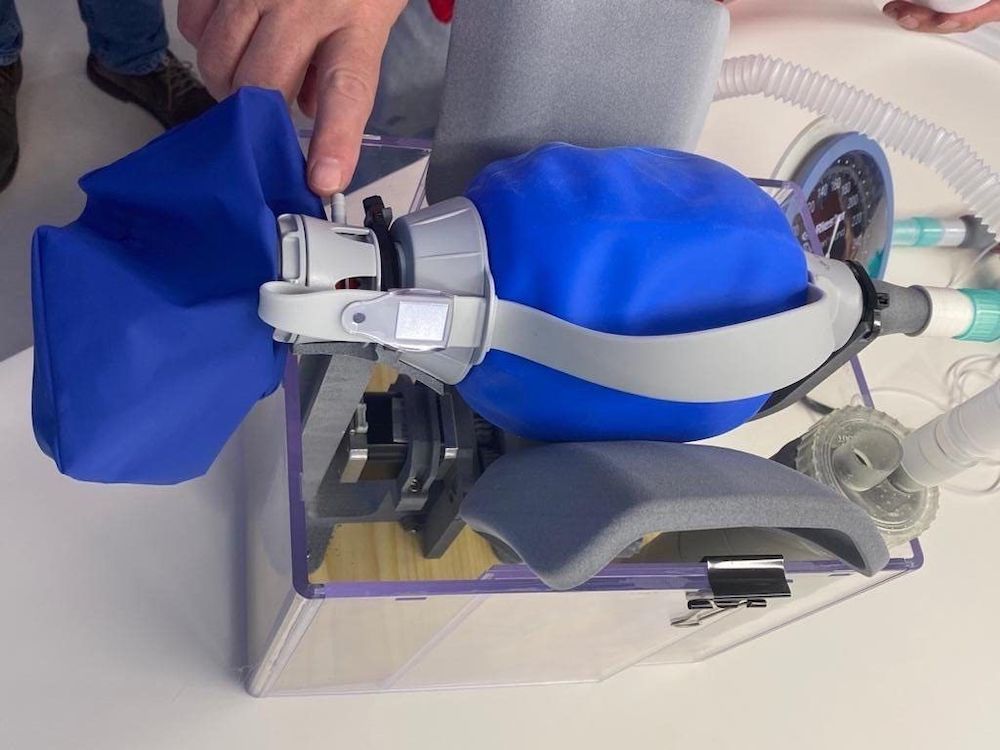
Leitat: 3D Printed Industrializable Mechanical Respirator
+ info
It is the first 3D printed mechanical respirator designed to be easily replicated industrially. The design has been made by Leitat’s engineer Magí Galindo, and has been medically validated by Lluís Blanch, Director of Innovation at the Parc Taulí Hospital and an expert in mechanical ventilation. The machine has been simplified to the maximum to facilitate the production and assembly of new units. The first units started to be printed this Monday the 23rd of March and they anticipate that they can produce between 50 and 100 per day. The project has been promoted by the Zona Franca Consortium (CZFB) and the Leitat Technologic Center, and counts with the participation of companies such as HP, SEAT, Navantia and Airbus. It also has the support of CatSalut, through the Terrassa Health Consortium (CST) and the Parc Taulí Hospital in Sabadell.
Download medical material files for 3D printing
+ info
The Parc Taulí Research and Innovation Institute (I3PT) and its constituent entities: Parc Taulí Health Corporation, Parc Taulí Foundation, UDIAT Diagnostic Center, Sabadell Gent Gran Service Center and Autonomous University of Barcelona, have made publicly available archives of new prototypes to print pieces for sanitary use made in their 3D Laboratory or clinically validated by their experts, working together with the Barcelona College of Doctors to help in the coronavirus pandemic. Their website counts with a few pieces and their corresponding files prepared for printing.
Hospital management or purchasing departments that need it can request parts directly through this form.
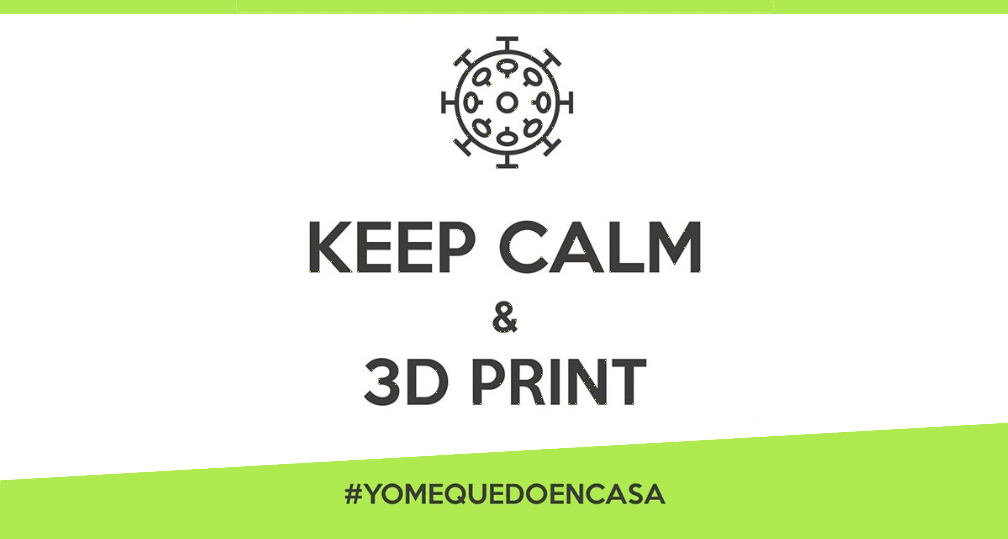
3DCovid19.tech
+ info
A non-profit professional initiative in Spain that aims to coordinate the lack of medical supplies in hospitals, using 3D printing technology. The College of Industrial Engineers is in charge of coordinating the manufacturing and distribution of the demand generated by hospitals and health centres through the group of manufacturers adhered to the platform. Companies specialized in manufacturing 3D printing products who want to collaborate by offering their printing capacity, should make use of this platform by registering to the database.
Coronavirus Makers Open Source
+ info
On March 13, when the state of alarm for the coronavirus pandemic was declared in Spain, a group of people of different profiles and with experience in medicine, biotechnology, 3D printing, industrial design, among other disciplines, decided altruistically to share their knowledge and experience in a Telegram group called “Coronavirus makers”, which now also has a website. Their goal is to co-create artificial respirators with 3D technology and other solutions. Currently, there are already some 50 ongoing initiatives and participants mainly from Spain and Latin America.
The Design School EASD Llotja has joined one of the ongoing initiatives of Coronavirus Makers and making use of its 3D printers, coordinated by specialist teachers in their Sant Andreu venue, they have established a Project Logistics Center where they print, but they also receive, assemble, disinfect, and package medical parts and personal protective equipment for transportation to hospitals that require it.
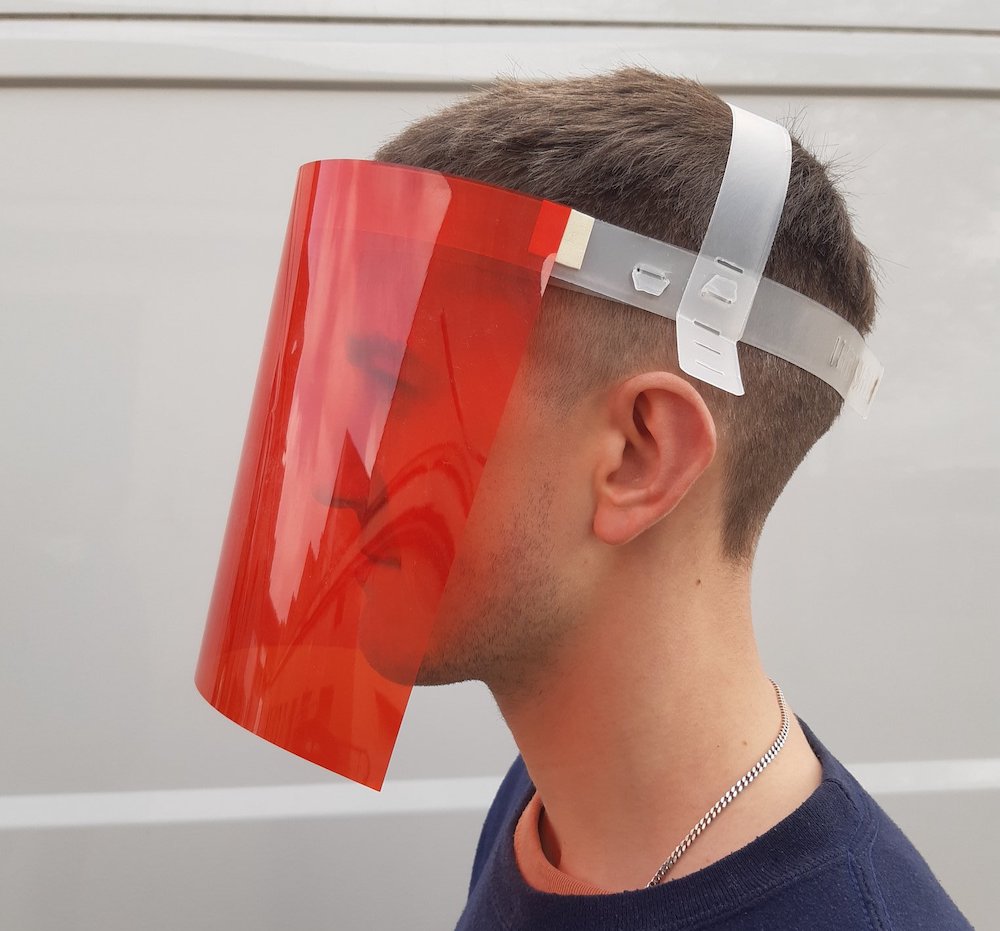
Libreguard: a personal protection mask developed by the Massana School of Design and CODA Office
+ info
Beyond the use of 3D printing, the Massana School of Design, also a member of the FAD, has developed a DIY license-free model for creating personal protection screens for medical use that can be manufactured easily, cheaply and quickly with the use of a die-cutter or laser cutting machine and a single material sheet. Parts are easy to assemble and to clean and can be manufactured much more quickly and in quantity than with the use of a 3D printer.
Oxygen: easily replicable respirator
+ info
Prototype created by a group of young engineers from the Protofy manufacturing company. The machine is made from parts recovered from cars, such as wiping motors or household appliances. Ignacio Plaza, one of its creators, warns that a respirator can save lives, but any use not supervised by qualified health personnel can also take them, so he calls on doctors and engineers in the health sector to test the prototype with the aim of improving it, if necessary.
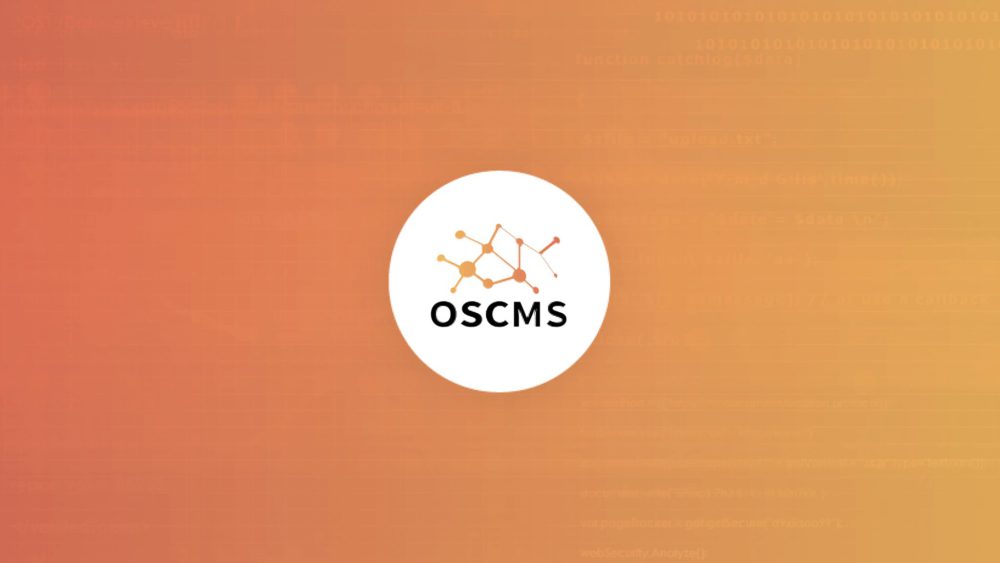
Open Source COVID19 Medical Supplies
+ info
This international facebook group was formed on March 11 to evaluate, design, validate and manufacture open-source emergency medical supplies worldwide, given the variety of local supply conditions.
The group’s founder, Gui Cavalcanti, who is a co-founder of the California robotics company Breeze Automation, wrote in a post that while the group originated to design masks and respirators, it had become clear that many other supplies were needed: “The group is changing the scope to catalogue, develop and deploy locally manufactured, open-source emergency medical supplies.”
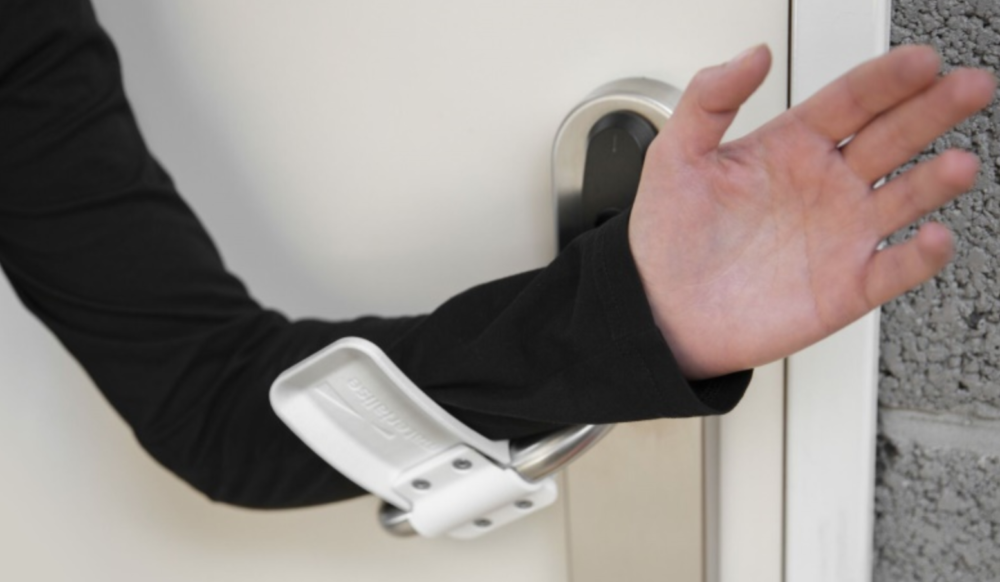
Materialise: 3D printed pieces to open doors without touching handles
Materialize, a pioneering 3D printing company in Belgium, has designed a 3D printable door opener that allows you to open and close doors with your arm, eliminating the need for direct contact with door handles. The company offers the printable design for free and appeals to the global 3D printing community to print the door opener and make it available to everyone. Files can be downloaded here.
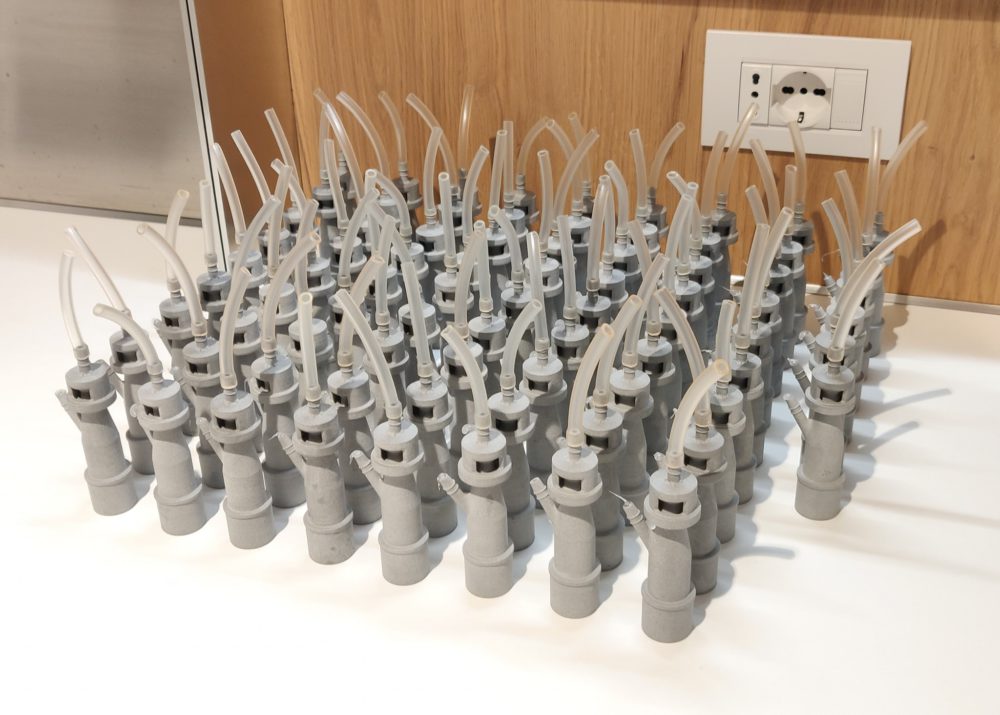
Isinnova: valves for respirators 3D printed in Italy
+ info
A hospital in Brescia with 250 intensive care Covid-19 patients ran out of Venturi valves, the tubes that connect patients to ventilators and that can only be used for up to eight hours. In the face of the emergency, Cristian Fracassi, Isinnova’s general manager, put his team to work to replicate the piece and provide it to the hospitals that needed it. Isinnova has also developed, in collaboration with Decathlon, a part to convert their Easybreath mask into a respirator that can be connected to an oxygen dispenser. The piece is called Charlotte Valve and the file can be downloaded from its website.
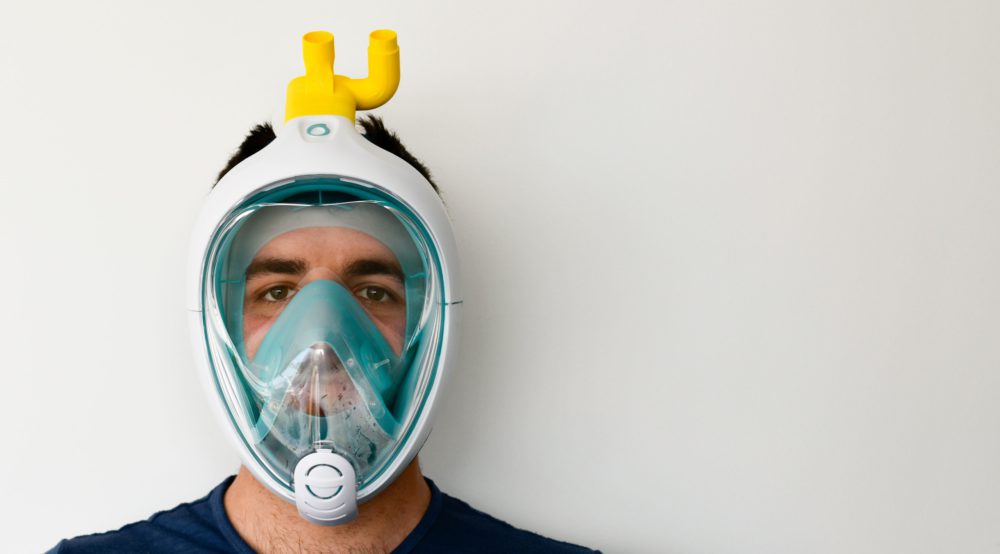
The collaboration of private companies and the industrial sector
The collaboration of the private sector to face an exceptional situation like this is taking place daily and the number of companies that are contributing with their resources and material keeps growing. The production plants of the French group LVMH, where perfumes and cosmetics from brands such as Dior, Givenchy or Guerlain are produced, will produce free sanitising gel for the country’s health authorities.
In Spain, the fashion and fragrance multinational Puig, which includes internationally renowned brands such as Carolina Herrera, Jean Paul Gaultier and Paco Rabanne, announced a few days ago that it will collaborate with the Spanish government in the manufacture of sanitiser gel. Inditex, Mango and large automotive companies, such as SEAT or Renault, have also joined the cause, with donations of material or making facilities, resources, logistics network and distribution channels available.
In England, Prime Minister Boris Johnson publicly called on the manufacturing industry to produce up to 20,000 respirators in two weeks. Vauxhall and Airbus have agreed to help. The Anglo-Saxon country has also been struggling for weeks to meet the demand for sanitising gel, a situation that has led BrewDog Brewery to use its distillery to produce an alcohol-based sanitary disinfectant called Punk Sanitiser and it will also be distributed free of charge to organizations that need it.
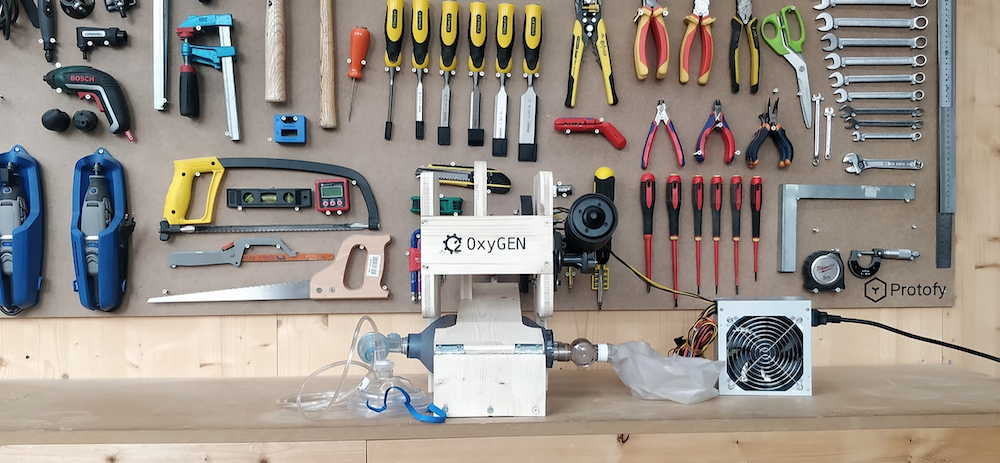
DIY Masks
If you do not have a 3D printing machine, but you have a needle and thread, there are several tutorials on the internet for DIY non-professional masks. Experts from the University of Cambridge have tested various materials to identify which is the best when it comes to making homemade masks. The medical mask is still the best option, capturing virus particles by 89%, but given the difficulty in acquiring them, more casual alternatives can be made with household materials such as the vacuum cleaner filter (86%), kitchen rags or towels (73%), cotton mixed with other materials (70%), antimicrobial pillowcase (68%), linen (62%), standard pillowcase (57%), silk (54%), 100% cotton ( 51%) or a scarf (49%). It is also important to put on the mask following the OMS recommendations to avoid getting infected during its application. Google DIY Mask to get video tutorials to produce your own mask. More resources.
Material donations and collection form
Catalonia’s Government has started the Campaign Jo actuo X donar to collect and validate any donation you want to make. If you are a company or individual based in Catalonia and you have or are producing material to give, fill out the form.

The GIF by illustrator Toby Morris and microbiologist Siouxsie Wiles
We end this piece with a graphic response to the Covid-19 crisis that seeks to raise awareness of the importance of social distancing during the pandemic.
Text: Sol Polo